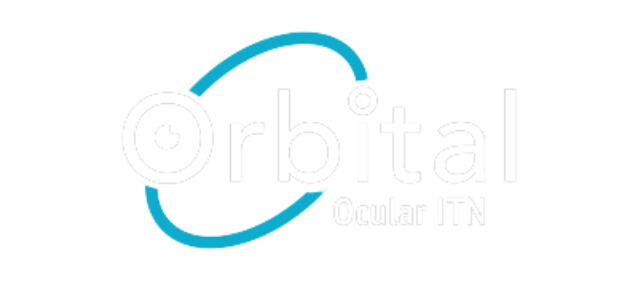Whoop! After a worldwide pandemic and some ups and downs, we are finally starting to face the last stage of our PhD journey!
Joining ORBITAL always meant the opportunity to participate in a wide research consortium while being able to travel around and discover new workplaces, colleagues, and cities. Covid really tried its best to stop us, but guess what, we are still on the go!
Parma University, Ocupharm, WIT… all different countries, research teams and experiences, but all aiming towards a same goal: provide us with the best training not only in scientific matter, but also teaching bigger lessons about adaptability, versatility, and integration.

And one question that always repeats: So, what is your research project about?
Oh dear… should I reply about what were the expected outcomes or what it’s actually happening right now? Is my interlocutor working in my field? Should I give like a super technical answer or rather sacrifice exactness for the sake of understanding?
Sweat drops.
 Us scientists often find ourselves trying to explain our friends what our work is about, and we realise that it is not an easy quest. Although becoming very technical might make you look super smart to your peers, it is rather unuseful.
Us scientists often find ourselves trying to explain our friends what our work is about, and we realise that it is not an easy quest. Although becoming very technical might make you look super smart to your peers, it is rather unuseful.
Especially considering that sharing our research to the wide public should be one of our number one priorities. In the end, this is an EU funded project, and it is all about sharing in the best manner our knowledge.
So what about taking it to the next level? What if, apart from communicating effectively with patients and the general public, we make them an active part of our research? Patient and Public Involvement (PPI) has always been a goal for our ITN: researching not only for the general public but working with them, giving voice to their actual needs and experiences and making them an active part in our daily research. Only by listening and working together from the very early stages of our research we can produce down-to-earth products with high translatability to the clinical practice.
As the world moves forward, 2022 already presents itself so promising: on-site workshops and our annual meeting, which will give us the opportunity to devirtualise all those faces we have only seen on Zoom calls, so stay tuned for our future news!

